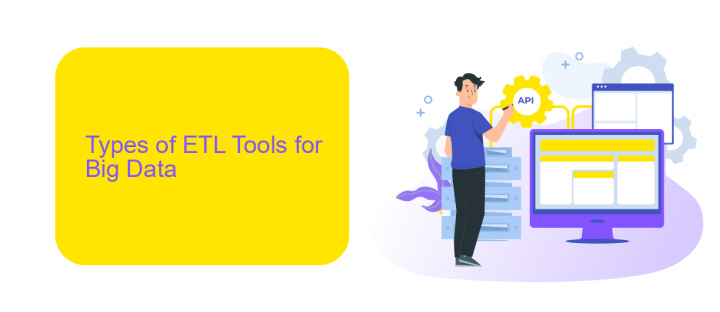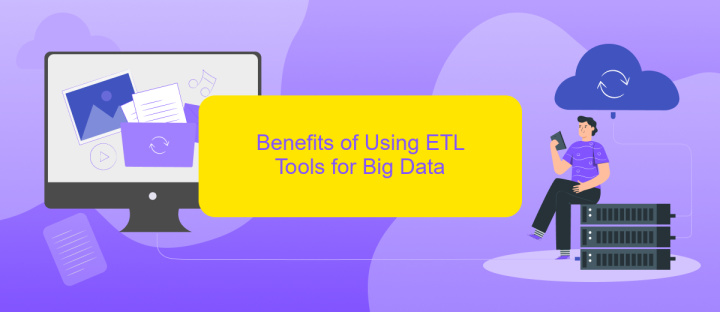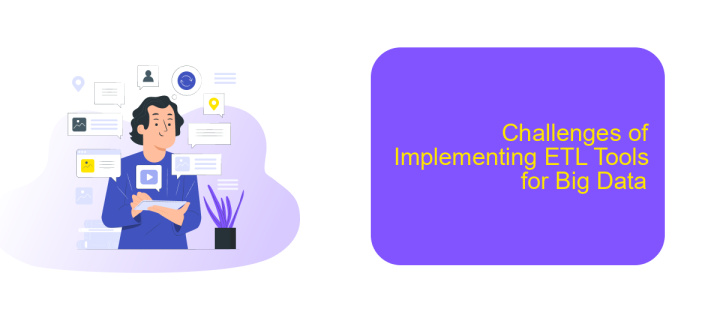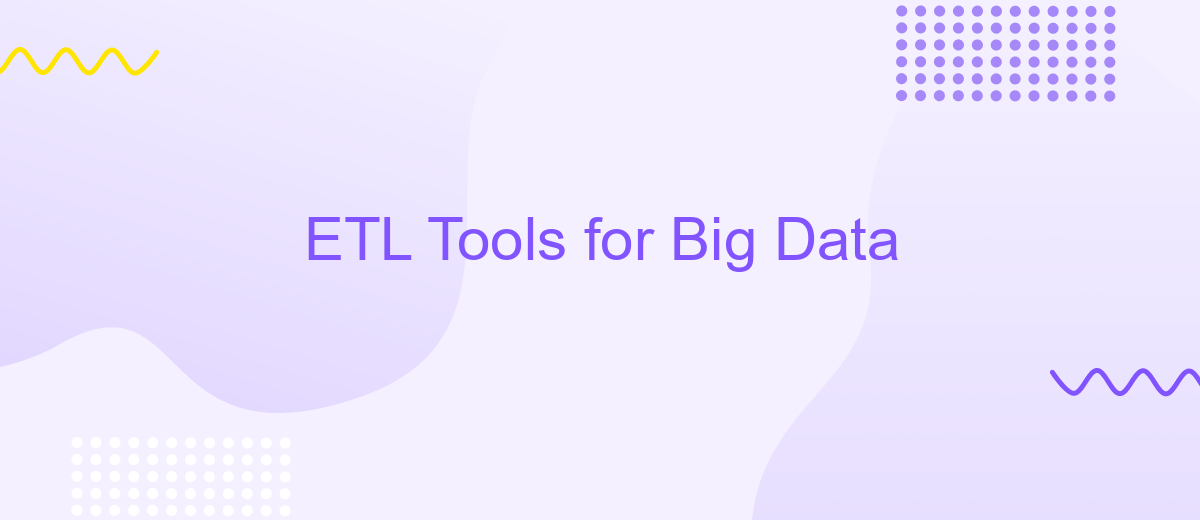ETL Tools for Big Data
ETL (Extract, Transform, Load) tools are essential for managing big data, enabling organizations to efficiently extract data from various sources, transform it to meet specific requirements, and load it into target systems. As big data continues to grow in volume and complexity, leveraging robust ETL tools becomes crucial for ensuring data quality, integration, and accessibility, ultimately driving better decision-making and business outcomes.
Introduction
In the era of big data, the need for efficient data processing and integration has become paramount. ETL (Extract, Transform, Load) tools are essential for handling large volumes of data from various sources, transforming it into a usable format, and loading it into a data warehouse or other storage systems. These tools streamline the data integration process, making it easier for businesses to gain insights and make informed decisions.
- Extract: Gathering data from multiple sources.
- Transform: Converting data into a suitable format.
- Load: Storing the processed data in a target system.
Choosing the right ETL tool can significantly impact the efficiency of your data operations. For instance, ApiX-Drive is a versatile service that simplifies the integration of various applications and automates data workflows. By leveraging such tools, organizations can ensure seamless data management, reduce manual efforts, and enhance overall productivity. As the volume and complexity of data continue to grow, the role of ETL tools in big data environments will only become more critical.
Types of ETL Tools for Big Data

ETL tools for big data come in various types, each designed to address specific needs and use cases. Traditional ETL tools, such as Informatica and Talend, offer robust data integration capabilities and are well-suited for on-premises environments. These tools are highly customizable and provide extensive support for various data sources, transformation rules, and loading mechanisms. They are ideal for organizations with complex data workflows and large-scale data processing requirements.
Cloud-based ETL tools, like AWS Glue, Google Cloud Dataflow, and Azure Data Factory, are gaining popularity due to their scalability and flexibility. These tools are designed to handle big data workloads in cloud environments, offering seamless integration with various cloud services and data storage solutions. Additionally, platforms like ApiX-Drive simplify the process of setting up integrations by providing user-friendly interfaces and pre-built connectors for numerous applications. This allows businesses to automate their data workflows without extensive technical expertise, making data integration more accessible and efficient.
Benefits of Using ETL Tools for Big Data

ETL tools are essential for managing and processing large volumes of data efficiently. These tools help in extracting data from various sources, transforming it into a usable format, and loading it into a target database or data warehouse. The benefits of using ETL tools for big data are numerous and significant.
- Improved Data Quality: ETL tools ensure data consistency and accuracy by cleaning and validating data during the transformation process.
- Time Efficiency: Automating the data processing pipeline saves time and reduces the risk of human error, allowing for faster decision-making.
- Scalability: ETL tools can handle large datasets and scale with the growing needs of an organization.
- Integration Capabilities: Services like ApiX-Drive facilitate seamless integration with various data sources, simplifying the data extraction process.
- Cost-Effectiveness: By automating data workflows, ETL tools reduce the need for manual intervention, lowering operational costs.
In summary, leveraging ETL tools for big data management enhances data quality, improves efficiency, and supports scalability. Tools like ApiX-Drive further streamline the process by offering robust integration capabilities, making it easier to handle complex data environments. This leads to more accurate insights and better business outcomes.
Challenges of Implementing ETL Tools for Big Data

Implementing ETL tools for big data presents several challenges that organizations must navigate to achieve efficient data processing. One primary issue is the complexity of handling massive volumes of data from diverse sources, which requires robust infrastructure and advanced technologies.
Another significant challenge is ensuring data quality and consistency. As data flows through various stages of extraction, transformation, and loading, maintaining its integrity is crucial. Inconsistent or corrupted data can lead to inaccurate analytics and poor decision-making.
- Scalability: ETL tools must scale to handle growing data volumes.
- Performance: High-speed data processing is essential for timely insights.
- Integration: Seamless integration with various data sources and destinations is critical.
- Security: Protecting sensitive data during ETL processes is paramount.
To address integration challenges, services like ApiX-Drive can be invaluable. ApiX-Drive simplifies connecting different systems and automating data workflows, ensuring that data from multiple sources is accurately and efficiently integrated into ETL processes. By leveraging such tools, organizations can overcome many of the hurdles associated with implementing ETL for big data.
- Automate the work of an online store or landing
- Empower through integration
- Don't spend money on programmers and integrators
- Save time by automating routine tasks
Best Practices for Implementing ETL Tools for Big Data
When implementing ETL tools for big data, it is crucial to start with a clear understanding of your data requirements and business objectives. Define the specific data sources, transformations, and destinations needed for your workflows. This will help in selecting the most suitable ETL tool that aligns with your needs. Additionally, ensure that the tool can handle the volume, variety, and velocity of your data. Scalability and performance are key factors to consider, as big data environments often involve processing large datasets in real-time.
Another best practice is to prioritize data quality and governance. Implement robust data validation and cleansing procedures to maintain high data integrity. Integrating a service like ApiX-Drive can streamline the process of connecting disparate data sources and automating data workflows. ApiX-Drive offers easy-to-use interfaces for setting up integrations without extensive coding, which can save time and reduce errors. Lastly, continuously monitor and optimize your ETL processes to adapt to evolving data landscapes and ensure efficient data management.
FAQ
What are ETL tools, and why are they important for Big Data?
How do ETL tools handle data transformation?
What are some common challenges when using ETL tools for Big Data?
How can automation and integration services help with ETL processes?
What should be considered when selecting an ETL tool for Big Data?
Apix-Drive will help optimize business processes, save you from a lot of routine tasks and unnecessary costs for automation, attracting additional specialists. Try setting up a free test connection with ApiX-Drive and see for yourself. Now you have to think about where to invest the freed time and money!


